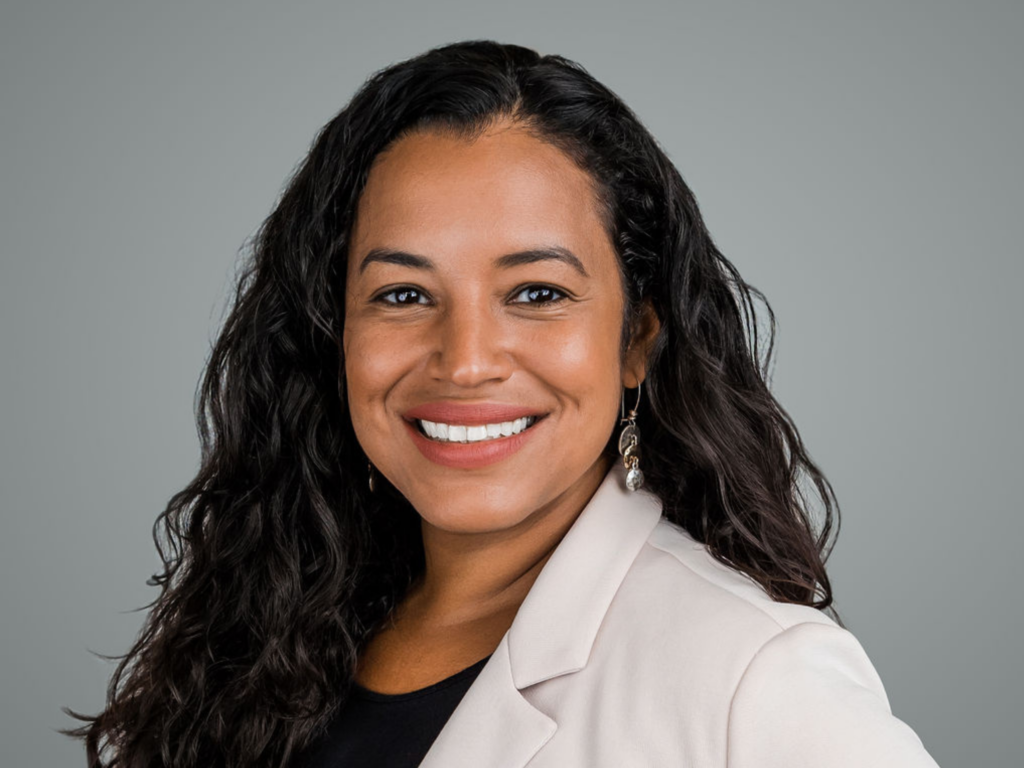An impassioned national debate has erupted around what were once considered arcane matters deep inside the education world: How teachers’ skills should be judged, how to help less-skilled teachers get better and what to do if they don’t.
But there are two points where pretty much everyone agrees: quality of teaching matters more than anything else, and we need to do the work that can put a strong teacher in every classroom.
That first point is now beyond dispute. A year with a strong teacher gives a student a percentile-point boost over a student who spent the year with a less effective teacher. Three straight years with a great teacher can translate into as much as a 53 percentile-point difference. Troublingly, it is the students already most at risk for failure — low-income and minority children — who are most likely to have ineffective teachers.
To put more effective teachers in the classroom, we have to get better at preparing them. Yet our current preparation and support efforts are uneven. More than 60 percent of education school alumni report that they were not adequately prepared for the classroom.
Arthur Levine, the former president of Teachers College at Columbia University, has assailed a “chasm between what goes on in the university and what goes on in the classroom.” American schools are falling behind those of other industrialized countries, one influential study found, in part, because we don’t do enough to support new teachers.
A wide range of reform-minded thinkers and practitioners — from universities to K-12 schools to nonprofits—are now working to create the space for innovation in teacher preparation, paired with meaningful accountability for results.
There’s no magic bullet here. We know we still have much more to learn about what makes teachers exceptionally effective. So we need an R&D space for teaching practice — and to make sure that the ones that flourish are those that translate into better learning for our students.
That’s why we, along with dozens of other leaders from throughout the education field, support the new teacher training bill, Growing Excellent Achievement Training Academies for Teachers and Principals, introduced in the Senate Wednesday.
The bill empowers states to encourage innovation through teacher preparation academies and their equally vital cousins—academies that will train principals. It provides funds to states that submit strong plans for new teacher and principal preparation programs that can prove their effectiveness to high-needs schools and subjects.
The legislation is also supported by leading universities with teacher training programs, major school district leaders, some of the strongest schools for low-income children, the United Negro College Fund, the Center for American Progress and the Education Trust. (A full list is here.)
These academies bring a variety of approaches—but they’ll have some crucial points in common which, taken together, represent a revolution. They will likely limit admission to candidates with strong potential for success in the field — axiomatic in professions like law and medicine, but rare in education. They are to provide supported, hands-on clinical instruction — also like medical training.
Perhaps most exciting, these new programs not only will gather the data but are willing to be held accountable for the classroom effectiveness of graduates. Indeed, accountability will apply both to new teachers, who will receive final degrees only when they have demonstrated classroom skill, and to the institutions themselves — which are responsible to the state for the performance of the teachers they train.
What training programs won’t be held responsible for, under this bill, is also important. The accountability is all about results, or “outputs”— improving the academic achievement of students in the classroom. None is for “inputs” — requirements for faculty members to perform research unrelated to teacher preparation.
These steps, which bring teacher training one step closer to that of lawyers and doctors, will help teaching to be recognized as the true profession it deserves to be. More important, it will help to put excellent teachers and principals in the schools where they are needed most.
Ted Mitchell is chief executive officer of NewSchools Venture Fund, a philanthropy that invests in education innovation. Tim Knowles is director of the University of Chicago Urban Education Institute. Christina Hall and Jennifer Green are co-founders and co-directors of the Urban Teacher Center, a teacher training nonprofit.

